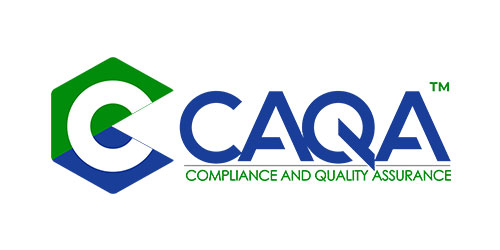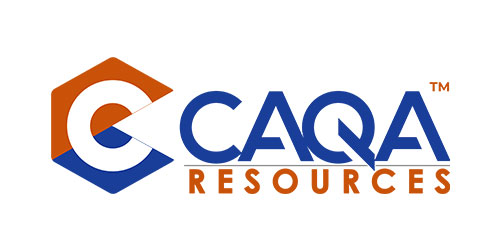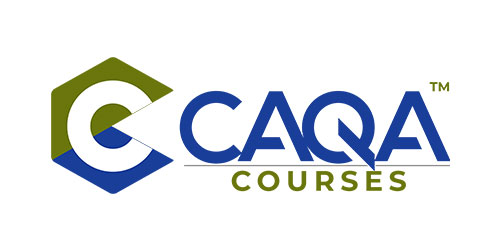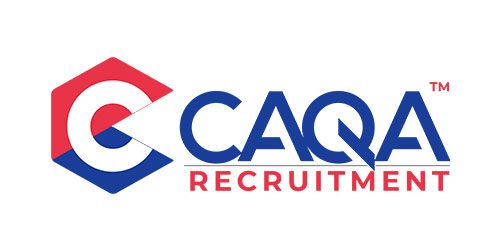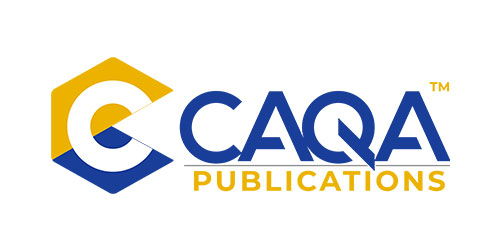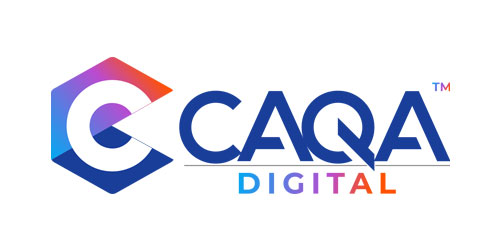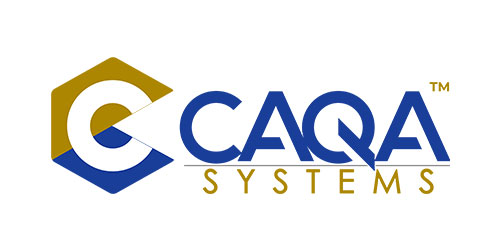
News
It poses significant challenges for RTOs to continue to provide high-quality training and ensure that students complete their courses during periods of lockdown and restrictions. The commercial prospects of many RTOs have been adversely harmed by the quarantine at home and travel restrictions implemented here and overseas. Under these circumstances, RTOs are under a great deal of pressure to meet the standards of the financial viability risk assessment (FVRA).
The market research for any courses you may be considering to offer will need to be conducted in a different manner than it has previously been done. Furthermore, a COVID-like scenario will have to be taken into consideration as part of your plan.
The Financial Viability and Risk Assessment (FVRA) is a method used by ASQA to determine if an applicant who wants to register an RTO or an existing RTO has the financial capability to provide quality training and outcomes for learners.
According to the FVRA, the following circumstances for an RTO would be regarded as “viable” if they occur:
- There is sufficient financial capacity for the business to acquire the necessary assets and physical resources to meet all of its registration requirements during the RTO registration period.
- The organisation has the financial resources to engage qualified staff to handle both the administration and the teaching of the courses where the students have been enrolled.
- Students can still benefit from the services offered by the organisation.
- The organisation can run on a continual basis to ensure that each student completes the course they enrol in.
- Even in an uncertain climate, the organisation is able to meet the aforementioned requirements.
The Financial Viability Risk Assessment (FVRA) tool, developed by ASQA, has undergone a number of updates. Financial Viability Risk Assessment Requirements 2011 is scheduled to sunset in October 2021. The National Vocational Education and Training Regulator’s (Financial Viability Risk Assessment Requirements) Instrument 2021 is now in force. It has been decided to make these adjustments in order to examine an institution’s financial viability to continue operating in the event of unforeseen situations.
The latest copy of the legislation can be found at legislation.gov.au
In short, the changes are:
Part 3 Authority
The insertion of ‘Authority’ in order to indicate the parent law. This instrument is made under subsection 158(1) of the National Vocational Education and Training Regulator Act 2011.
Part 4
In this section, definitions have been clarified in a detailed manner.
Part 6 Intent
- The National VET Regulator requires an NVR registered training organisation to demonstrate its financial viability at any point in time, upon request.
- The assessment of an organisation’s financial viability risk is directed at evaluating the likelihood of its business continuity, and its capacity to achieve quality outcomes. In particular, the assessment informs a judgement about whether the organisation has the financial resources necessary to:
(a) acquire the requisite assets and physical resources to deliver all qualifications on its scope of registration
(b) employ sufficient appropriately qualified staff to cover the courses for which it takes enrolments
(c) provide appropriate levels of student services to students
(d) remain in business to ensure that each student can achieve completion
(e) meet the above requirements, even in an unsure environment.
In essence, the legislation states that an RTO must be able to demonstrate its financial viability at any moment, independent of what is happening in the real world.
Part 8 Obligation to submit to assessment at any time
Section 8 of the new legislation includes requirements for auditing, which are described below.
- An NVR registered training organisation must submit to an assessment of financial viability risk by a qualified independent financial auditor nominated by the National VET Regulator at other times during the registration period as determined by the National VET Regulator in accordance with the Risk Assessment Framework.
- The obligation to submit to the assessment referred to in (1) also applies to parent organisations, affiliated companies or organisations that have a vested interest in the organisation.
The top 10 key takeaways
So, what are the top 10 key takeaways from the most recent legislative changes?:
- Concentrate on marketing and establishing your organisation as a successful venture.
- Prepare a comprehensive risk management plan, with particular attention paid to dealing with unforeseen scenarios (such as COVID-19).
- Make certain that the figures and estimates you report are correct.
- It is recommended that providers who are coming out of hibernation engage lawyers and RTO consultants such as CAQA before applying to return to regular status.
- Concentrate on how your organisation may use digital learning and offer courses online.
- Ongoing evaluation of your business plan and financial viability risk assessment should be a top priority (at least once on an annual basis)
- Have detailed policies, plans and processes in place to handle financial resources in the event of unforeseen events
- Include additional “reserve funds” to provide as a financial buffer in the event of unforeseen scenarios such as COVID-19.
- Pay close attention to liquidity and break-even, and whether or not your RTO can manage the cash flow necessary to pay outgoings, tax debt, and other fixed financial obligations especially in the event of unforeseen scenarios..
- Note that the FVRA tool must be developed and approved by a certified accountant before it can be used.
Confused? Need advice? Email info@caqa.com.au or call us on 1300 266 160
 1800 961 980
1800 961 980 info@careercalling.com.au
info@careercalling.com.au












